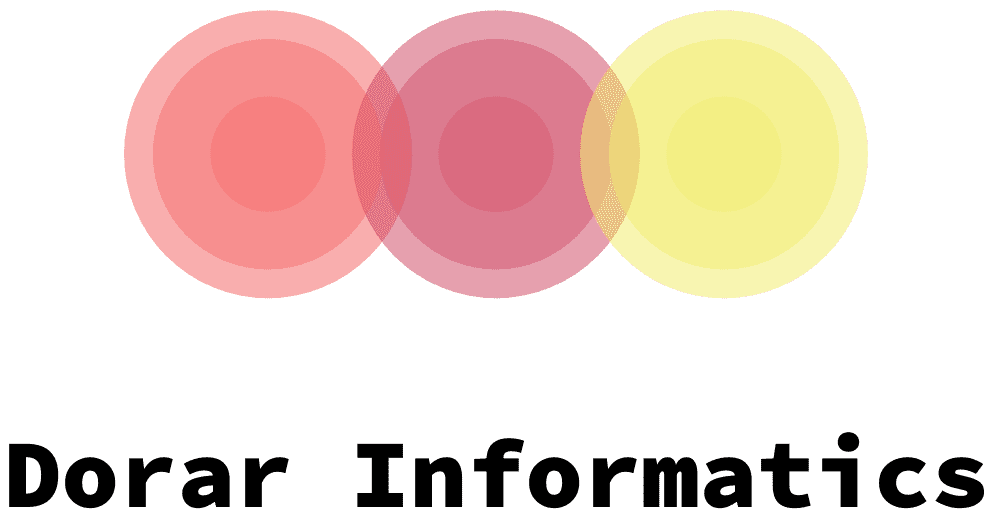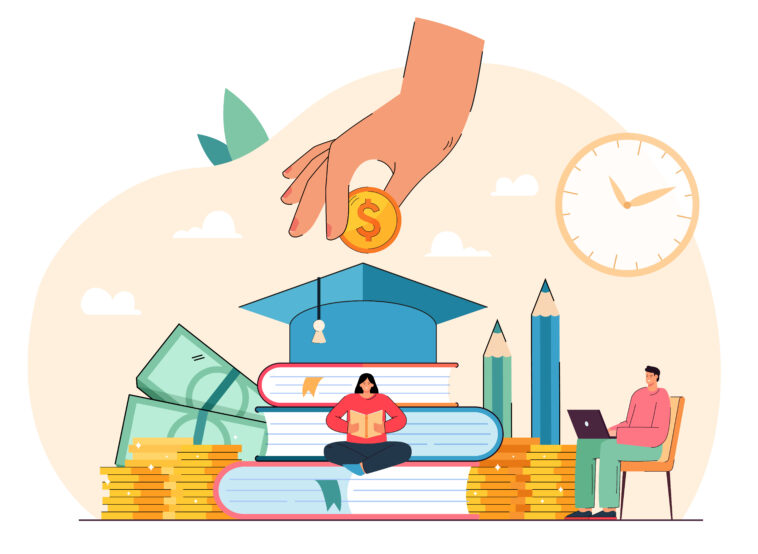Student loans are a crucial part of financing higher education, but understanding the nuances of student loan interest rates is equally important. In this comprehensive guide, we’ll delve into everything you need to know about student loan interest rates, helping you make informed decisions about your education financing.
What Are Student Loan Interest Rates?
Student loan interest rates represent the cost of borrowing money for educational expenses. These rates are typically expressed as a percentage and are added to the principal amount of your loan, determining the total amount you’ll repay over time.
Federal Student Loan Interest Rates
If you have federal student loans, your interest rates are set by the government. These rates can vary depending on the type of federal loan you have, such as Direct Subsidized Loans, Direct Unsubsidized Loans, and Direct PLUS Loans. Federal student loan interest rates are fixed, meaning they remain constant throughout the life of the loan.
Private Student Loan Interest Rates
Private student loans, offered by banks and private lenders, come with interest rates that can be fixed or variable. Fixed interest rates remain the same, while variable rates can fluctuate based on market conditions. Borrowers with strong credit histories may qualify for lower interest rates on private loans.
How Interest Accrues on Student Loans
Interest on student loans typically starts accruing from the day the loan is disbursed. For federal loans, interest may be subsidized (the government pays the interest) or unsubsidized (you’re responsible for the interest). Understanding how interest accrues is essential for managing your loan effectively.
Factors That Affect Student Loan Interest Rates
Several factors can influence the interest rates on your student loans, including:
- Credit Score: Your credit score plays a significant role in private student loan interest rates. A higher credit score can lead to lower rates.
- Loan Type: Federal loan interest rates are determined by the government, while private loan rates can vary among lenders.
- Market Conditions: Variable interest rates on private loans are influenced by economic factors.
How to Get the Best Student Loan Interest Rates
To secure the best student loan interest rates, consider the following strategies:
- Improve Your Credit Score: Work on building a strong credit history to qualify for lower rates on private loans.
- Compare Lenders: Shop around and compare offers from multiple lenders to find the most competitive rates.
- Consider Loan Refinancing: After graduation and establishing good credit, you can refinance your loans to potentially get better rates.
Managing Student Loan Interest While in School
While you’re in school, you can take steps to manage student loan interest effectively. Consider making interest-only payments, if possible, to prevent interest from capitalizing (being added to the principal).
Conclusion: Navigating Student Loan Interest Rates
Understanding student loan interest rates is vital for making informed decisions about your education financing. Whether you have federal or private loans, knowing how interest accrues and how to secure favorable rates can help you manage your student debt more effectively.
Final Thoughts
In conclusion, student loan interest rates are a critical aspect of financing higher education. By staying informed and implementing strategies to secure favorable rates, you can minimize the long-term financial impact of student loans and work towards a debt-free future.

